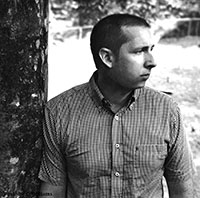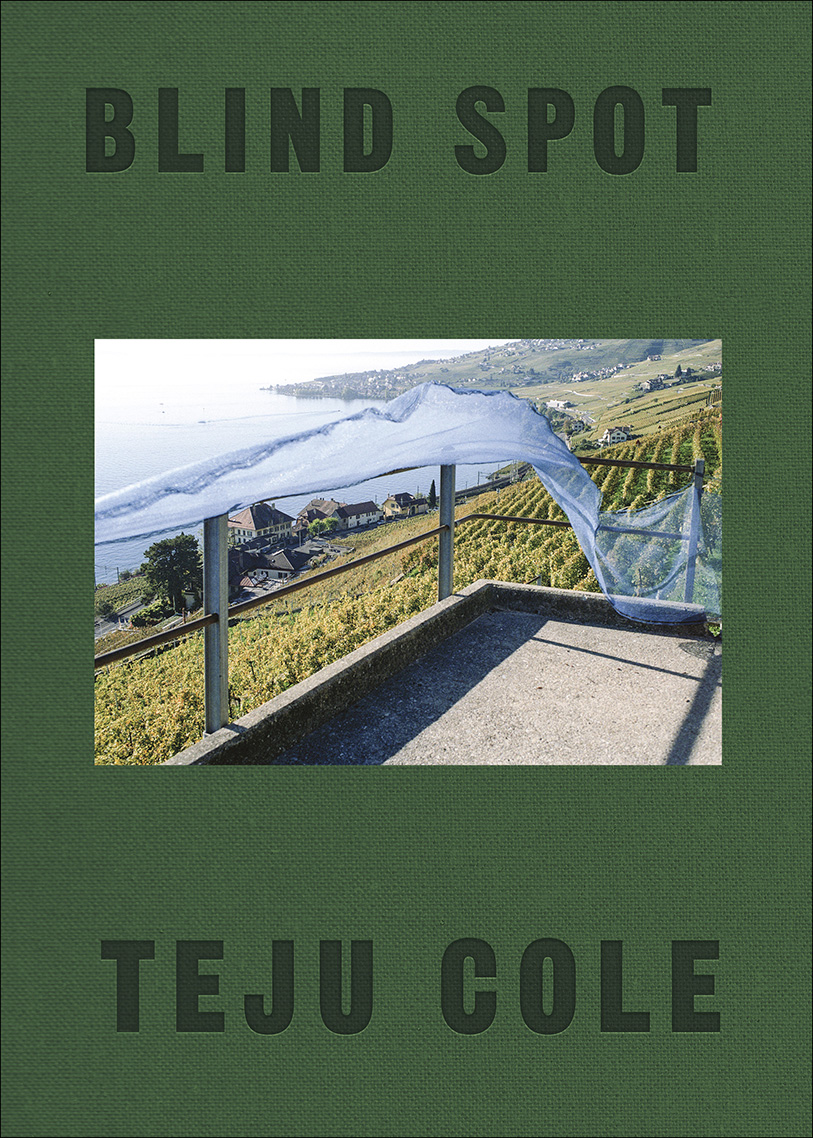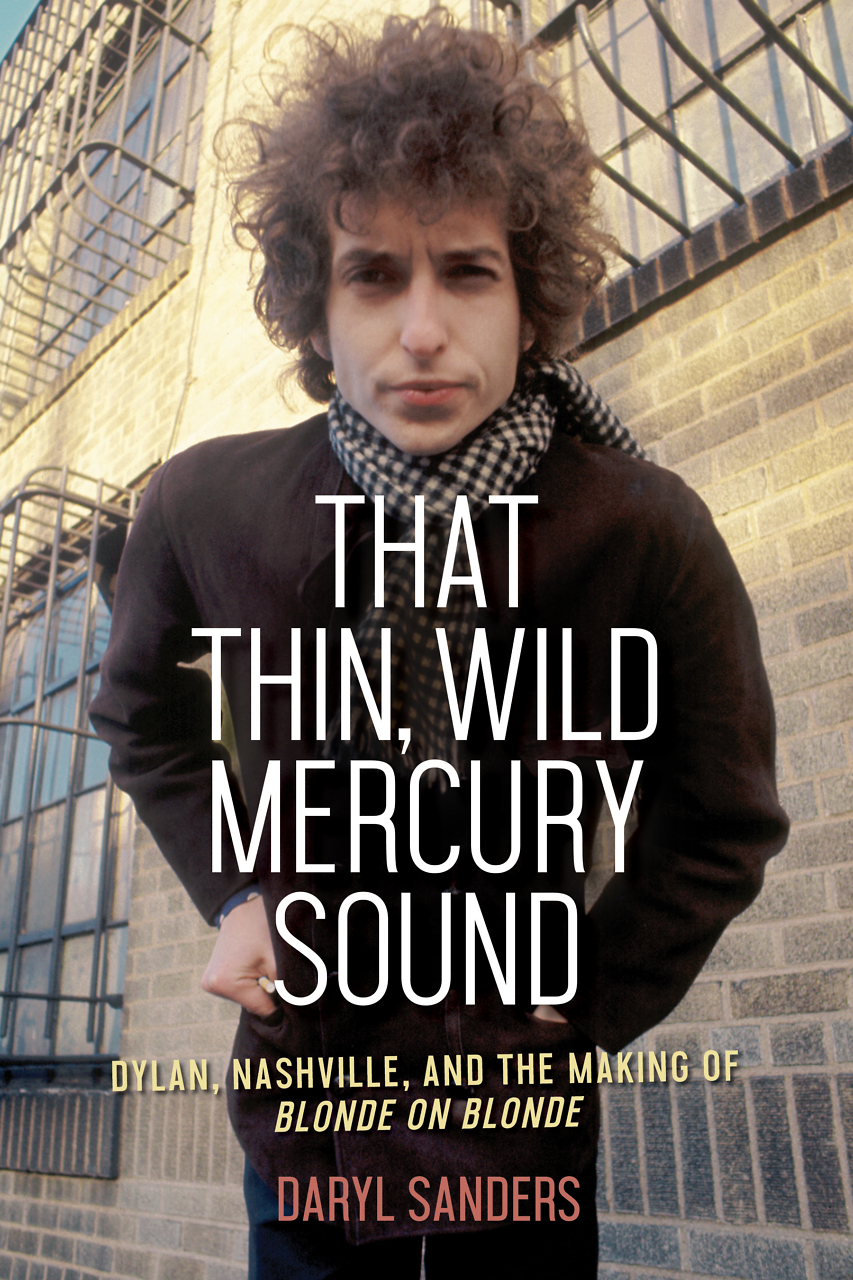Enough Light to Prove the World Exists
In Crimes Against Birds, Denton Loving tends the landscapes, and dreamscapes, of Appalachia
In Crimes Against Birds, the debut collection from Harrogate poet Denton Loving, the rhythms of the waking world and the dream world seem to hold equal power. Set among the narrow mountain roads, apple orchards, and cattle pastures of southern Appalachia, these poems push beyond gentle, bucolic portraits of nature. They ask us to wake up even as we descend into an underworld of dreams.
Throughout the poems, forests and fields hold abundant treasure for those inclined to pay attention. The title poem states the crucial importance of noticing the natural world, particularly the diverse varieties of birdsong:
Man cannot walk through life outside the company of birds.
They surround us, share their music with us, protect us
from evil. Every feather found in the weeds is a reminder
to be happy. What kind of man tracks through woods and fields
so unaware that he fails to hear their song?
The opportunities for noticing more detail, more meaning, in the landscape multiply as the speaker reveals all that he sees himself. There’s a far-off field that was once a horse cemetery, a den of black snakes living underneath an office building, and the spiritual remnant of a beekeeper’s nightly conversations with his hives. In these poems, the histories and fates of people and animals are inextricably tied.
 Most of Loving’s poems revolve around the worn-in rhythms of work, like tending cattle, beekeeping, harvesting orchards, or simply driving mountain roads to an office job. From these everyday tasks the poems often lead into darker levels of observation and reflection—a feeling of sudden descent. A powerful example of this shift can be found in “Deeper Darkness,” which links the ominous anxiety of driving to work in the “lightless mornings” of November to a meditation on the speaker’s grandfather, a coal miner of Harlan County, Kentucky, who “ran from his father’s farm, his blood called / to a deeper darkness.”
Most of Loving’s poems revolve around the worn-in rhythms of work, like tending cattle, beekeeping, harvesting orchards, or simply driving mountain roads to an office job. From these everyday tasks the poems often lead into darker levels of observation and reflection—a feeling of sudden descent. A powerful example of this shift can be found in “Deeper Darkness,” which links the ominous anxiety of driving to work in the “lightless mornings” of November to a meditation on the speaker’s grandfather, a coal miner of Harlan County, Kentucky, who “ran from his father’s farm, his blood called / to a deeper darkness.”
Loving accounts for every moment of his speaker’s daily life, including his dreams, which have their own seasons and their own jobs to do. Instead of feeding cattle, for instance, the speaker might need to configure the best way to explode a cow with dynamite. By engaging the abrupt shifts and sideways logic of the dreaming mind, these poems provide a kind of shadow side to waking life.
Some of the book’s most stirring moments come when the speaker recalls times of passing between the dark and the light. In “Wildfire,” these lines are nestled between descriptions of mountainsides going up in flame:
I dream of times
as a boy when I followed meager
paths to the mountain’s peak, feeling
my way like a blind mule. Before the sun
catches good in its dome, it glows, gives
only enough light to prove the world exists,
all its edges shadowy and loose.
Liminal moments like this one allow readers to slip seamlessly from day to night, from the physical to the spiritual, or from the present to the past. Darkness never diminishes the light, and Loving’s consistent clarity of vision leaves an impression of cautious, meditative joy.

Emily Choate holds an M.F.A. from Sarah Lawrence College. Her fiction is forthcoming from The Florida Review and The Double Dealer, and her reviews have appeared in Yemassee and Tennessee Libraries. She lives in Nashville, where she’s working on a novel.


